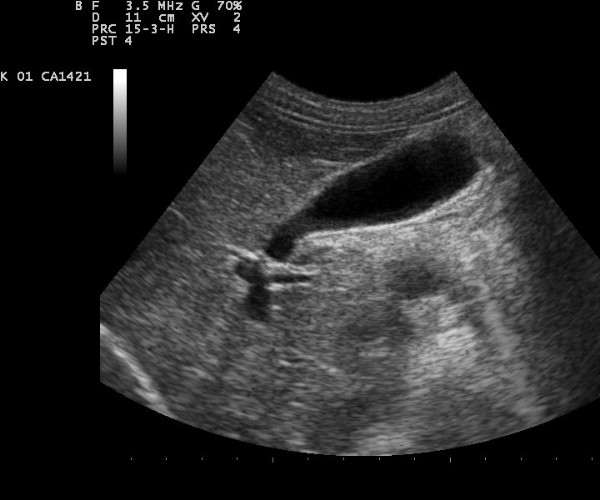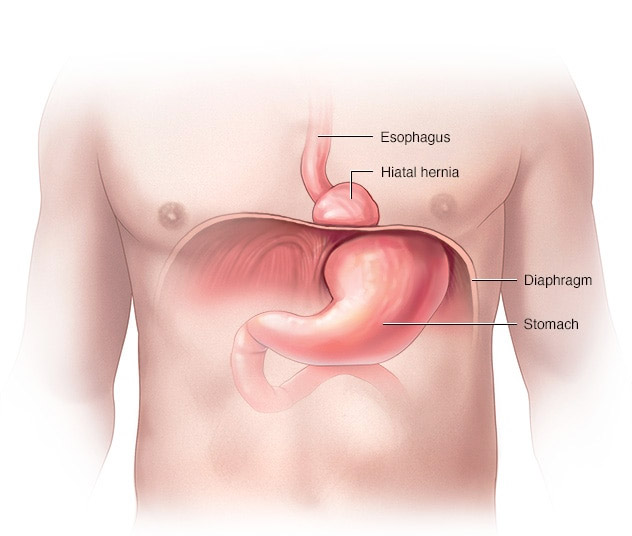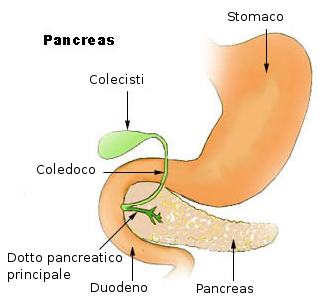To the health benefits of red wine, already suggested by several scholars, is now joined by another, documented by researchers at Kings College London, that people who drink red wine in moderation tend to have a greater diversity of gut microbiota, a key sign of gut health, than those who do not.
The study involved about three thousand drinkers in the United States, the United Kingdom, and the Netherlands and explored the effects of beer, cider, red wines, and white wines on the gut microbiota-that complex set of microorganisms that coexist with the human organism, with profound and not yet fully understood effects on the body. In recent years, numerous studies have linked the gut microbiota to physical and mental health, metabolism, or the efficacy of certain drugs.In general, it has been observed that its variability is an extremely positive element for health, although the composition varies greatly from one individual to another. Well, British researchers found that red wine drinkers have a higher number of bacterial species, and the result holds true regardless of age, weight, and social and economic conditions.
“We have long known about the unexplained benefits of red wine on heart health,” said Caroline Le Roy, coordinator of the team of researchers, “and our study adds a significant element, showing that moderate consumption of red wine is associated with greater diversity of microorganisms and a healthier gut microbiota, which may partly explain its long-debated beneficial effects on health.”
Playing an important role in the positive action of red wine could be polyphenols, in which grape skins are rich and which have anti-inflammatory and antioxidant properties. In red wine drinkers, the authors also noted lower levels of obesity and “bad” cholesterol.
Le Roy herself pointed out that since it is an alcoholic beverage, it is good that the consumption of red wine should be moderate, lest the negative effects of alcohol exceed the positive effects of the other components of red wine. “Drinking red wine infrequently, such as once every two weeks,” he said, “seems to be sufficient to produce observable beneficial effects.
Source:
Le Roy CI, Wells PM, et al. Red Wine Consumption Associated With Increased Gut Microbiota α-diversity in 3 Independent Cohorts. Gastroenterology. 2019 Aug 23.


































































































